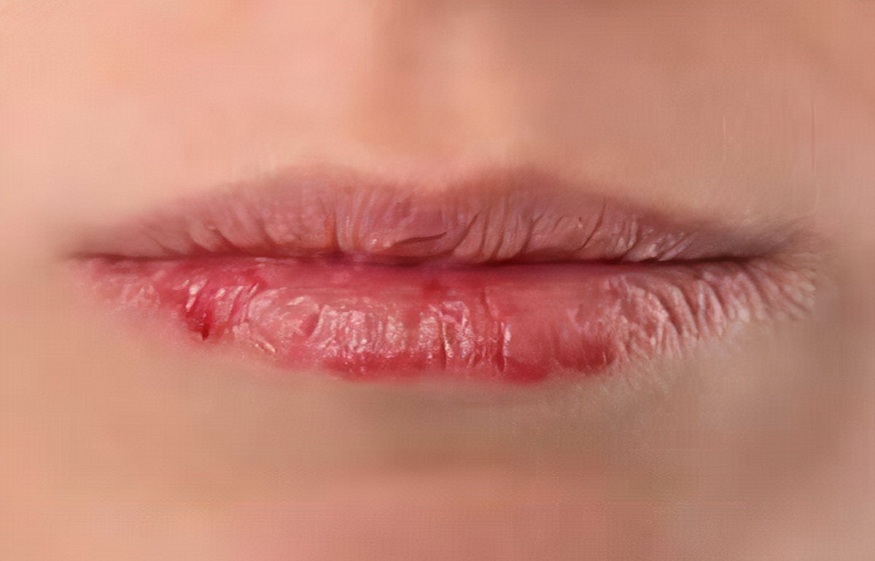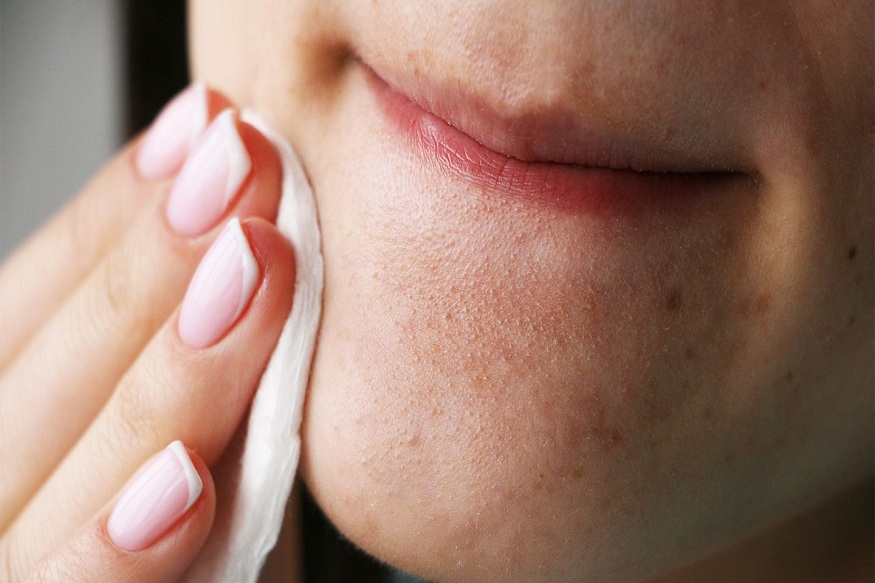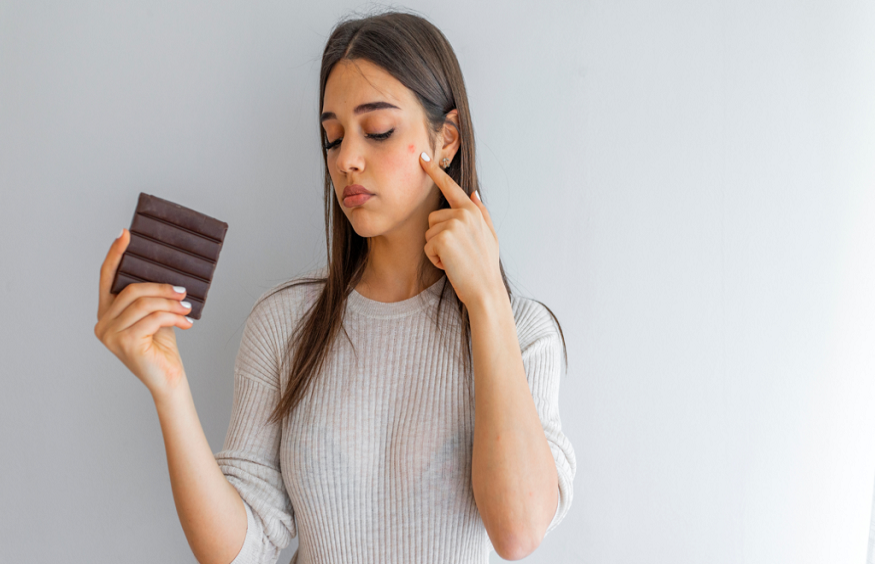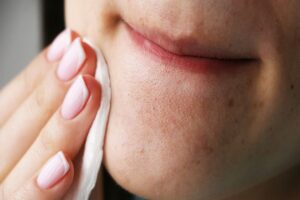What is cheilitis? Causes and treatments: how to prevent chapped lips
Cheilitis is an inflammation of the lips that takes the form of cracking and can be caused by several external factors such as cold weather, the sun or allergens contained in lipsticks. Lips become dry, painful and cracked. You can prevent cheilitis with protective lip care. For cracked lips, opt for a nourishing, soothing and protective treatment such as CICAPLAST B5 Lip Balm . Avoid touching or licking your lips.
Angular cheilitis is another condition that is characterized by the development of sores at the corners of the lips. It is often caused by a fungus and can be treated with an antifungal cream.
Exfoliative cheilitis is yet another condition that is characterized by the appearance of thick, brown, scaly lesions on the lips. To take care of exfoliative cheilitis:
- Avoid licking, touching and biting your lips
- Regularly apply a neutral and rich lip balm such as NUTRITIC Lips
- Choose a healthy and varied diet
Cheilitis is another term used for chapped lips . The lips become dry and flaky, and painful vertical fissures may develop. Sometimes the skin around the lips can also become irritated. This dryness causes unpleasant burning sensations. The condition develops when the lips are sensitive to external conditions like cold and sun . Sometimes it is a reaction to an allergen in a lipstick or other product .
How to take care of cheilitis: don’t break down!
Dermatologists recommend using a neutral, rich protective lip care product free of known allergens as soon as it is cold. And in the mountains or in summer, use a protective lip treatment that contains sun filters such as ANTHELIOS XL Lip Stick SPF 50+ .
When lips are weakened, turn to repairing creams such as CICAPLAST Baume B5 Lèvres .
If you think you are suffering from contact dermatitis (redness, itching, peeling, and blistering rash) on your lips from ingredients in cosmetic products, you should identify the irritant and stop using it. Consider seeing a dermatologist or allergist for a patch test.
Do not lick or touch your lips!
People with dry, chapped lips often tend to lick them or pull off dead skin. This is indeed very tempting, but it only makes the situation worse by depriving the skin of its natural protective layer and triggering a vicious cycle. Every time you feel like licking or touching your lips, apply your hypoallergenic treatment : your lips will thank you!
Angular cheilitis
Angular cheilitis is a particular condition that only affects the corners of the lips . If you notice irritation, itching, cracking or blistering at the corners of your mouth, you should see your doctor for a diagnosis. Most commonly, this is caused by a buildup of saliva at the join between the upper and lower lip, creating a warm, humid environment conducive to the growth of the fungi (usually Candida) that causes the infection. All this is certainly not very appetizing, but fortunately it is possible to treat them easily with the right treatments (read on!)
How to get rid of angular cheilitis
To treat angular cheilitis, your doctor may prescribe a barrier cream, often combined with an antifungal or antibacterial cream. Home remedies or applying coconut oil are unlikely to help much in treating the condition. The good news ? Your lips have a very good blood supply, so once you apply the right cream, they can heal very quickly (even overnight!).
Angular cheilitis and cold sores
These two conditions are visually similar, but angular cheilitis is characterized by dry or cracked skin at the corners of the mouth and is often caused by a fungus or bacteria. They can appear anywhere on the edge of the lips. Cold sores are cyclical and often preceded by a burning and itching sensation, while angular cheilitis shows no warning signs until the sore appears. The other major difference? Cold sores are contagious, unlike angular cheilitis which is not .
Tips for treating exfoliative cheilitis
Exfoliative cheilitis is quite rare but it involves more severe and spectacular (although harmless) chapping. The inflammation causes thick, brown, scaly lesions that can be a source of anxiety. The cause is still poorly understood, but some cases are associated with excessive lip licking, poor oral hygiene, nutritional deficiencies, and (surprisingly) mental disorders such as depression. Of course, just because your lips are chapped doesn’t mean you’re necessarily depressed: There are many causes and the main thing is to know how to treat this condition .
Tips on exfoliative cheilitis
If you notice thick, brown, scaly lesions on your lips, you may be suffering from exfoliative cheilitis. Here are several tips to help you treat this condition :
Avoid licking or touching your lips . It’s easier said than done, but excessive lip licking appears to be a significant cause of exfoliative cheilitis.
Regularly apply a protective balm tested under dermatological control and well tolerated /tested on sensitive lips such as NUTRITIC Lèvres .
Choose a healthy diet rich in fruits, vegetables and omega 3 oils to accelerate skin healing and reduce inflammation. Avoid foods that are too salty which can increase irritation.













Post Comment